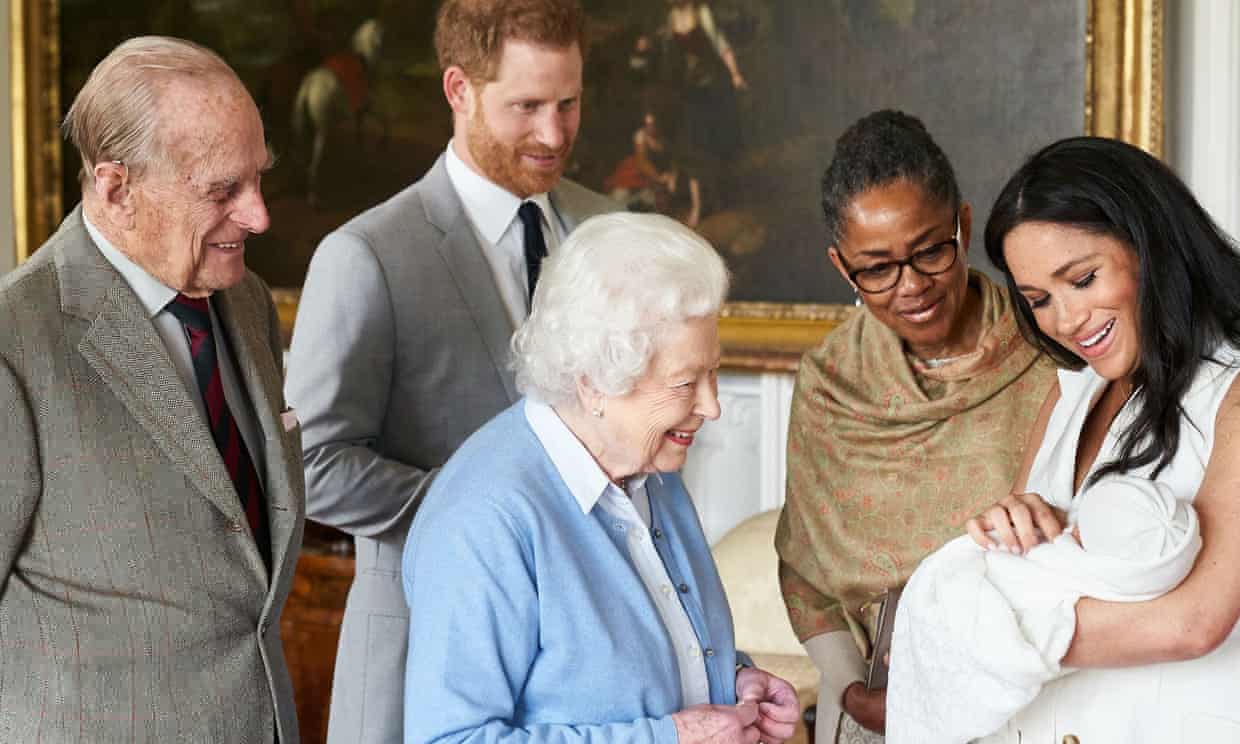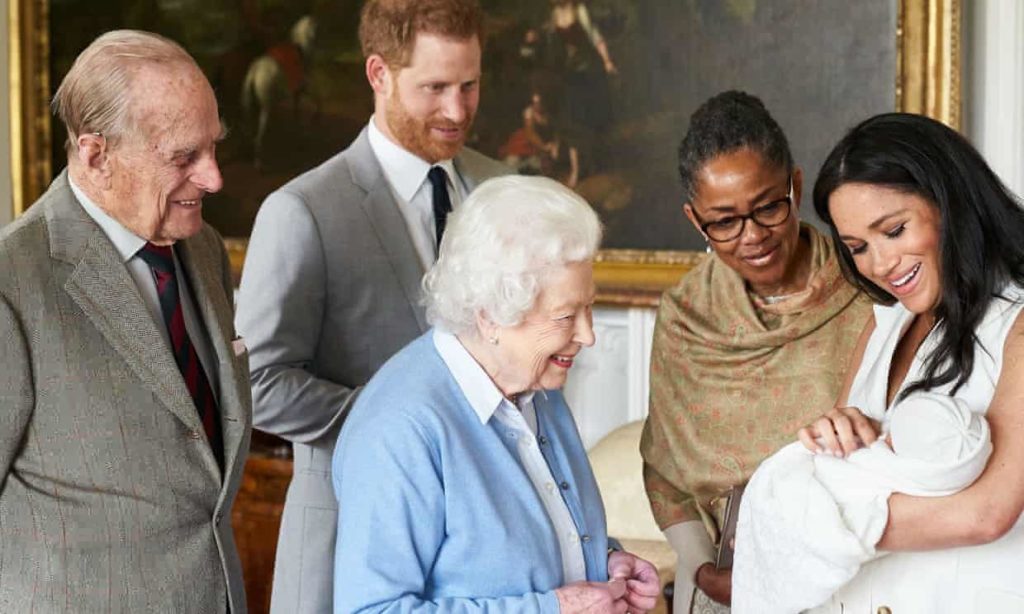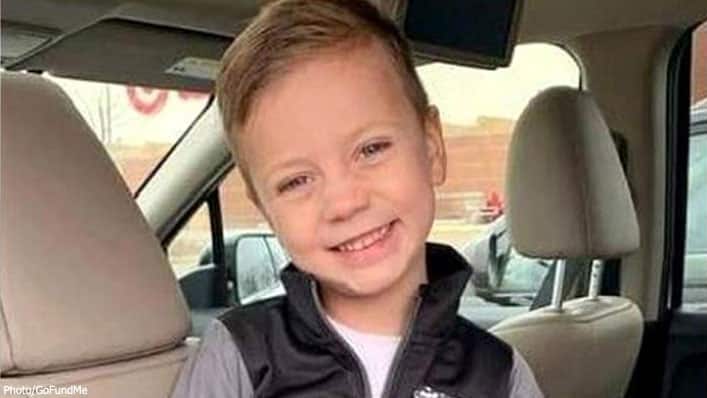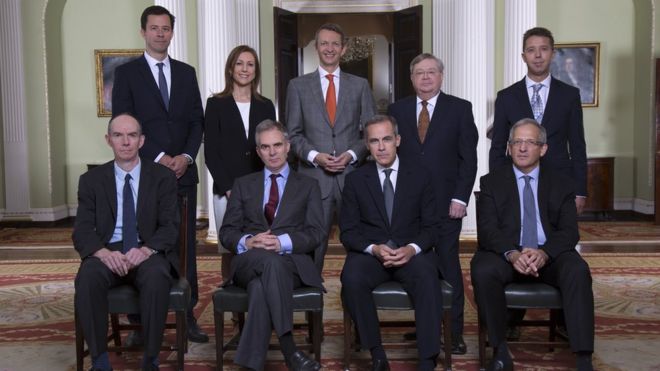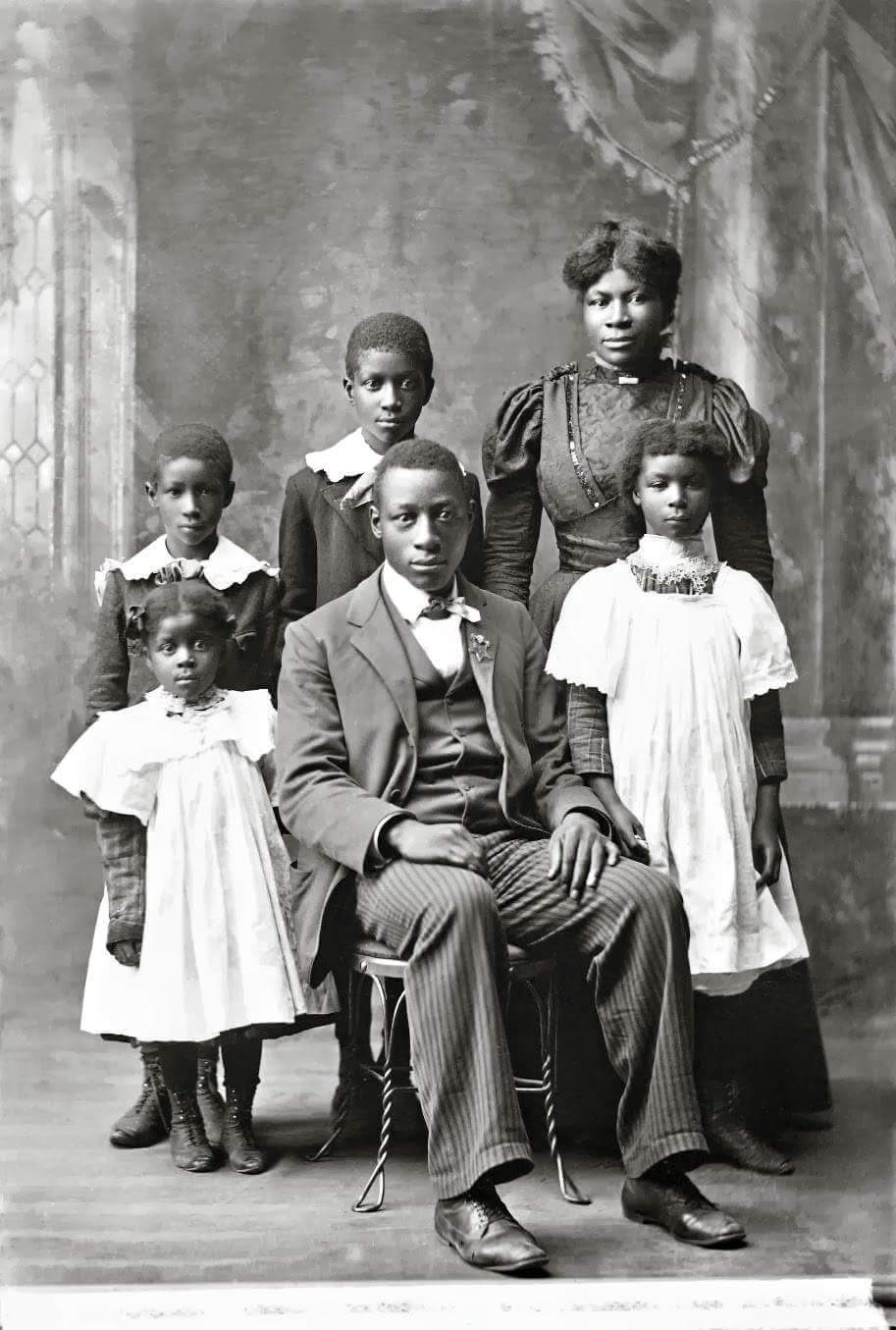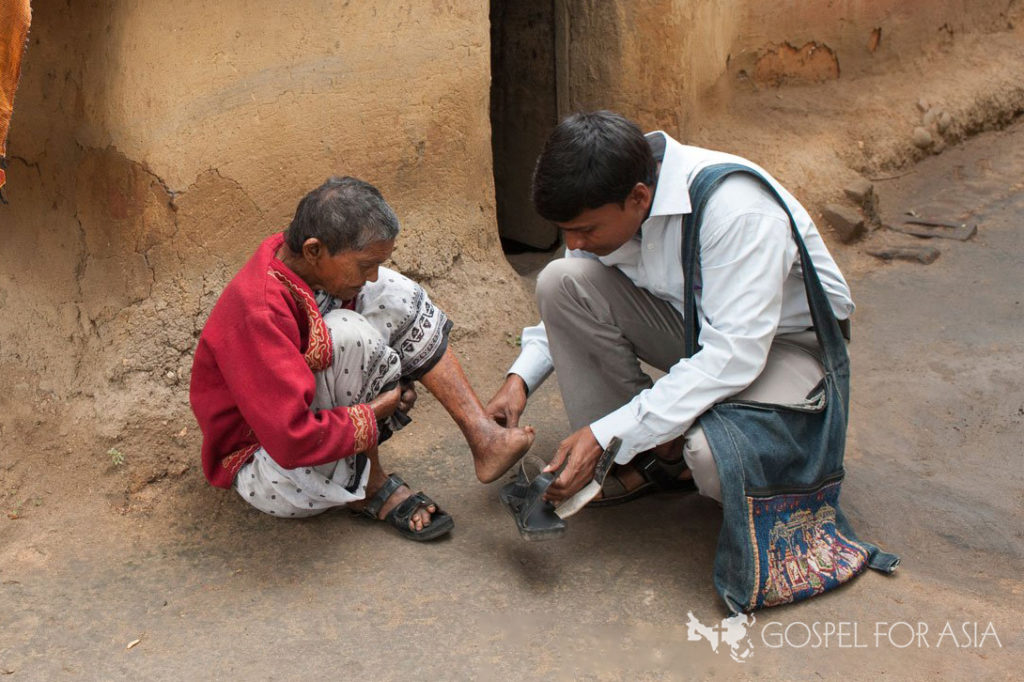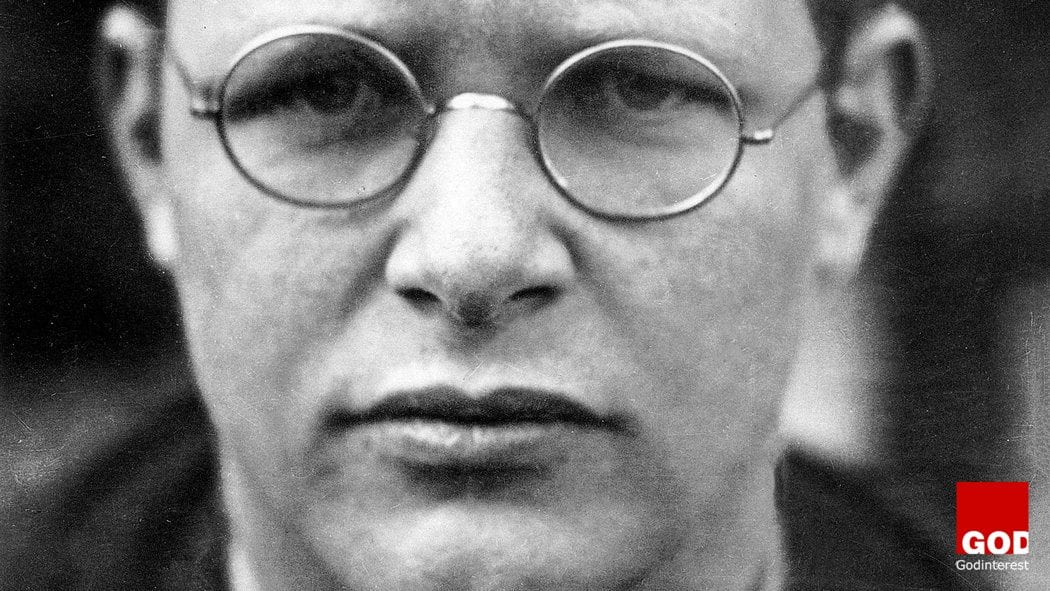There are two kinds of prayer – the prayer of form and the prayer of faith. The repetition of set and the customary phrases when the heart feels no need of God, is formal prayer.
We should be extremely careful in all our prayers to speak the wants of the heart and to say only what we actually mean. All the flowery words at our command are not equivalent to one holy desire. The most eloquent prayers are but vain repetitions if they do not express the true sentiments of the heart. But the prayer that comes from an earnest heart, when the simple wants of the soul are expressed just as we would ask an earthly friend for help, expecting that it would be granted – this is the prayer of faith.
The publican who went up to the temple to pray is a good example of a sincere, devoted worshiper. He felt that he was a sinner, and his great need led to an outburst of passionate desire,
“God be merciful to me a sinner.”
Luke 18:13
After we have offered our petitions, we are to answer them ourselves as far as possible, and not wait for God to do for us what we can do for ourselves. The help of God is held in reserve for all who demand it. Divine help is to be combined with human effort, aspiration, and energy. But we cannot reach the battlements of heaven without climbing for ourselves. We cannot be borne up by the prayers of others when we ourselves neglect to pray; for God has made no such provision for us.
The unlovely traits in our characters are not removed, and replaced by traits that are pure and lovely, without some effort on our part!
In our efforts to follow the copy set us by our Lord Jesus Christ, we shall make crooked lines. Yet let us not cease our efforts. Temporary failure should make us lean more heavily on Christ.
The more you pray, the more you will find to pray about, and the more you’ll be led to pray for others.
Then shall ye call upon me, and ye shall go and pray unto me, and I will hearken unto you. And ye shall seek me, and find me, when ye shall search for me with all your heart.
Jeremiah 29:12, 13
Pray With Me
Heavenly Father, I look up to you in this time of change. Allow me to have the courage to change my life for the better. Allow all my burdens to be risen up to you as I know that You will see me through. Forgive those who have done evil and allow me to do the same. Teach me to love with an open heart and open spirit. Take time for me today to help with all the trials you have set out for me and allow me the strength and energy to follow you. Give me the blessings to find a new home, keep my family together, and bless those who are away, may they be strong and know how much love is out there. Let them know you and I are thinking of them and missing them dearly. Bless me with love, strength, wisdom, health, courage, forgiveness, and a willingness to learn.
Did you know?
Here are five facts about prayer, including survey data on Americans’ prayer habits and historical instances of prayer intersecting with the government:
- A Pew Research Center survey conducted in 2014 found that 45% of Americans — and a majority of Christians (55%) — say they rely a lot on prayer and personal religious reflection when making major life decisions. The same survey found that 63% of Christians in the U.S. say praying regularly is an essential part of their Christian identity.
In 2014 — in the case Town of Greece v. Galloway — the Supreme Court ruled that U.S. legislative and administrative bodies may begin their sessions with a prayer. On some occasions, however, the high court has rejected other types of state-sponsored prayer. For instance, in 1962’s Engel v. Vitale, the court famously struck down a policy requiring public school students to begin their day with a nonsectarian prayer. - The National Day of Prayer was enacted in 1952 by the Congress and President Harry S. Truman. As with the addition of “under God” to the Pledge of Allegiance in 1954, the move came during the Cold War and was seen as a way of contrasting the more religious United States with the officially atheistic Soviet Union.
- The Freedom From Religion Foundation unsuccessfully challenged the National Day of Prayer in court. The 7th Circuit Court of Appeals ruled in 2011 that the group, which aims to promote the separation of church and state, did not have legal standing to challenge the law.
- For many Americans, every day is a day of prayer. More than half (55%) of Americans say they pray every day, according to a 2014 Pew Research Center survey, while 21% say they pray weekly or monthly and 23% say they seldom or never pray. Even among those who are religiously unaffiliated, 20% say they pray daily. Women (64%) are more likely than men (46%) to pray every day. And Americans ages 65 and older are far more likely than adults under 30 to say they pray daily (65% vs. 41%).



